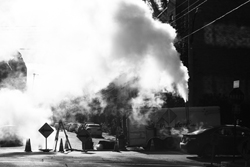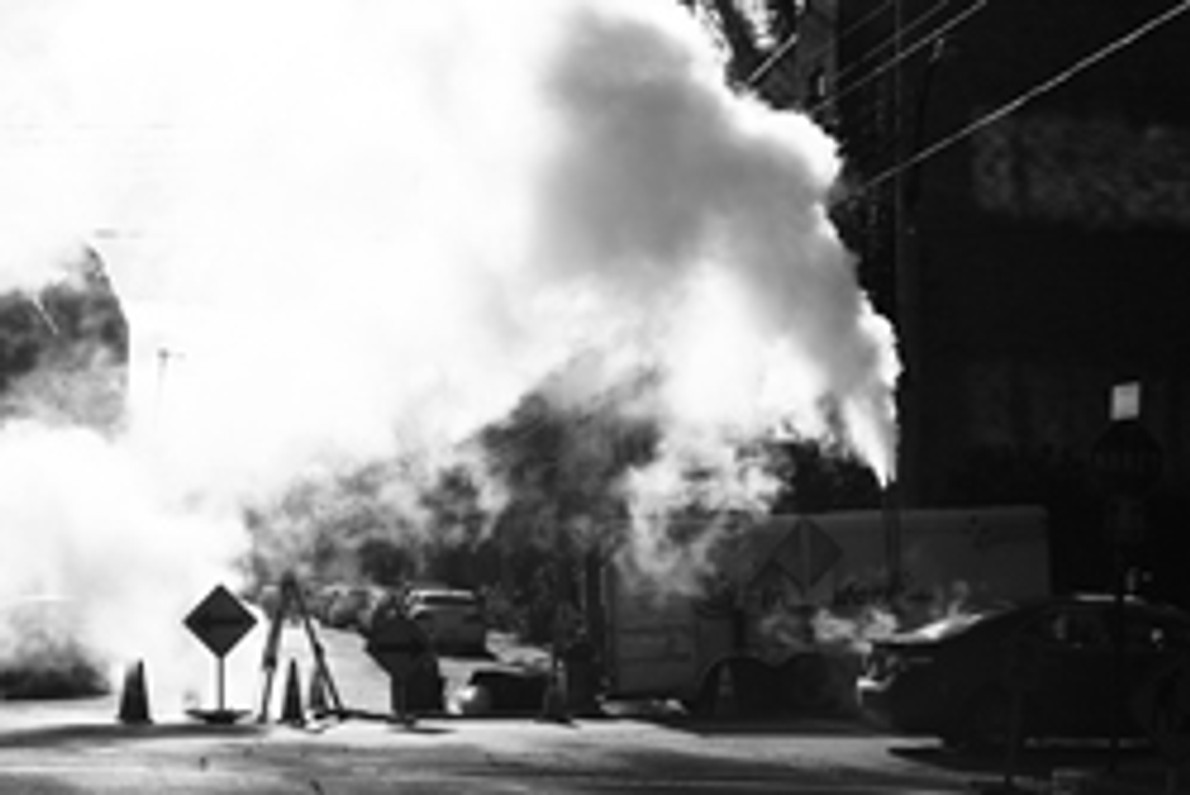Tile and Granite Company in Vancouver Fined over $250,000 in Workplace Safety Violations
Wall to Wall Tile and Stone of Vancouver, WA was recently cited more than $250,000 for workplace violations by the Washington Dept of Labor and Industries (L&I). Three of the company’s biggest violations included failing to control employee exposure to silica dust ($40,500), not developing a written respiratory protection program ($40,500), and failing to provide fit-testing for employee respirators ($40,500). According to L&I, the employees of Wall to Wall Tile and Stone were exposed to silica quartz dust at 3.4 times the permissible limit while performing their daily grinding operations. The extremely unhealthy work environment can result in permanent and debilitating lung conditions including silicosis, cancer, pulmonary tuberculosis and airway diseases.
This could have been easily prevented by using one of many dust-reduction systems. One simple solution is a portable Fume Extractor, which captures particles from a localized source. A Fume Extractor with a Multi-Stage Filter System has the ability to capture up to 99% of airborne contaminants directly at the source. If Wall to Wall Tile and Stone had Fume Extractors on site they could have avoided many cited violations, resulting in both lower fines and healthier employees.
The Washington Department of Labor & Industries (L&I) cited Wall to Wall Tile and Stone of Vancouver, Wash., for multiple instances of “failure to abate” serious violations after a follow-up inspection found that the employer had not corrected violations that it was cited for in November 2014.

An L&I inspection found that employees were exposed to silica quartz dust at more than three (3.4) times the permissible limit during stone slab grinding operations. Over time, breathing in silica dust can cause silicosis – a disabling lung disease – as well as lung cancer, pulmonary tuberculosis and airway diseases.
The employer was cited for seven “failure to abate” serious violations. These are violations that the company had been previously cited for but had not corrected, including:
- Failing to use feasible controls to reduce employee exposure to silica dust ($40,500).
- Not developing a written respiratory protection program to protect employees from inhaling silica dust ($40,500).
- Failing to provide fit testing for workers required to wear full-face respirators ($40,500).
- Not providing effective training for employees who wear full-face respirators ($40,500).
- Not providing noise and hearing protection training to affected employees ($22,500).
- Not providing annual hearing tests for workers exposed to excess noise ($22,500).
- Failing to develop, implement and maintain a written Chemical Hazard Communication Program for employees using a variety of chemicals ($40,500).
Wall to Wall Tile & Stone also was cited for two “failure to abate” general violations, each with a penalty of $2,700. These violations were for not providing medical evaluations for employees who wear full-face respirators, and for not creating a list of chemicals used in the workplace.
In addition, L&I cited the company for two serious violations that were not associated with the 2014 inspection. One of the citations was for not ensuring that employees who wear full-face respirators don’t have facial hair. Respirators may not seal properly on workers with beards or other facial hair. The company also was cited for not providing appropriate respirators for employees grinding stone slabs. Each violation has a penalty of $4,050.
Serious violations are cited for hazards where there’s a possibility of serious injury or death. General violations are the lowest-level citation, involving safety issues where there is no possibility of serious injury or death.
The employer has 15 days to appeal the citation. Penalty money paid as a result of a citation is placed in the workers’ compensation supplemental pension fund, helping workers and families of those who have died on the job.
Recent Posts
-
Disinfecting Surfaces in the Era of Covid and EPA Registered Commercial Disinfectants and Viricides
The disinfection of surfaces at home, in public spaces, and in hospitals and clinics needs to be a …15th Jan 2023 -
Working with Inorganic Acids in the Laboratory: A Practical Guide
Working with Inorganic Acids in the Laboratory Acids are of great importance in the laboratory and a …5th Jan 2023 -
The Top 12 Drinking Water Contaminants
1.Lead- from older plumbing systems pre-1986, when lead pipes, solder, and components were banned. …14th Dec 2022

